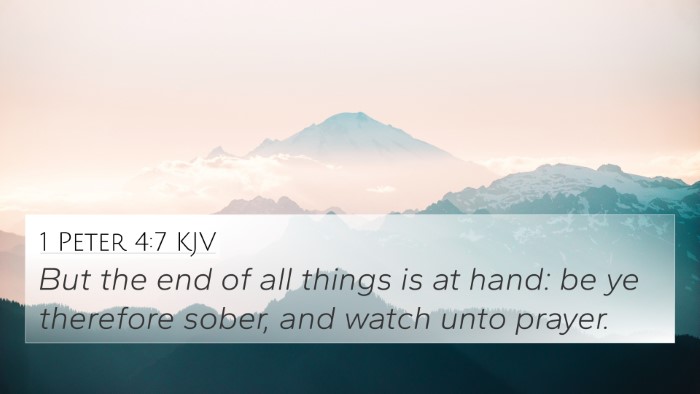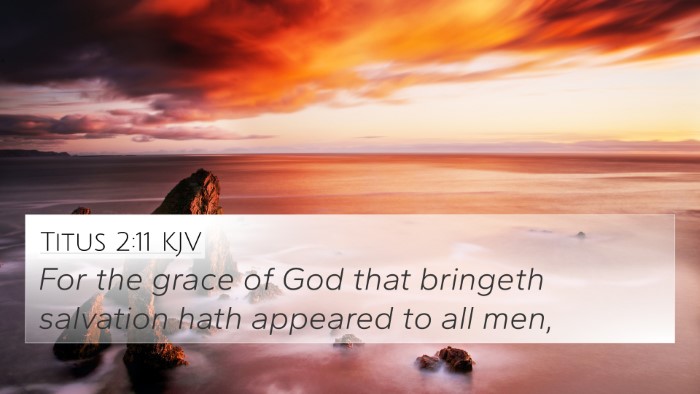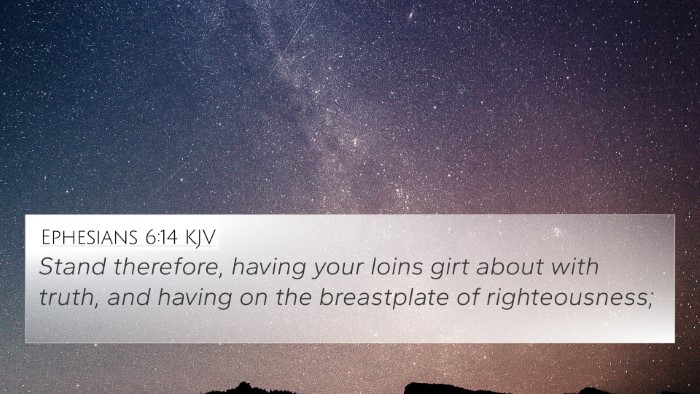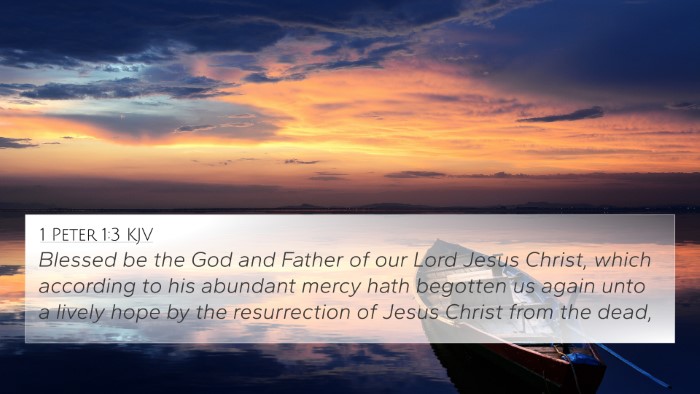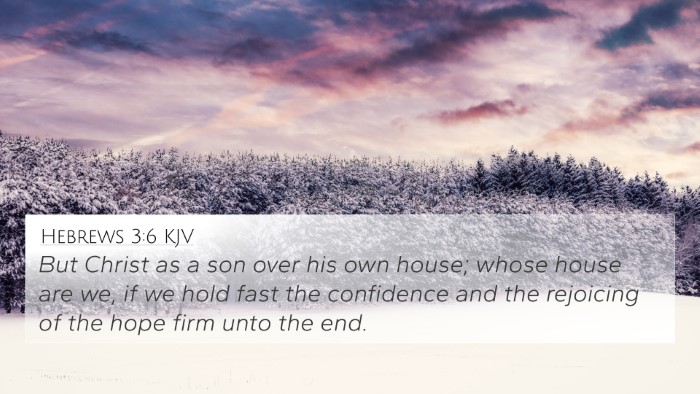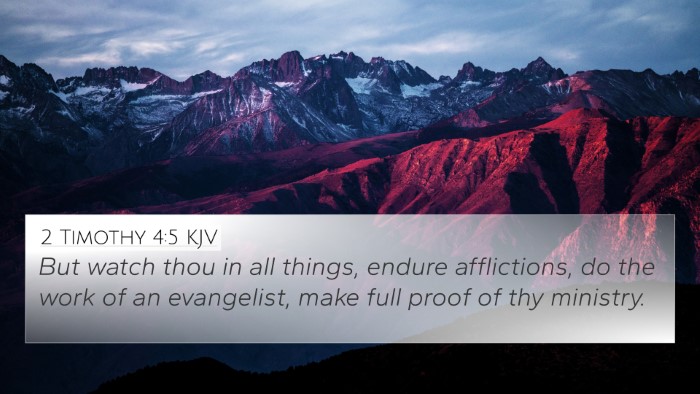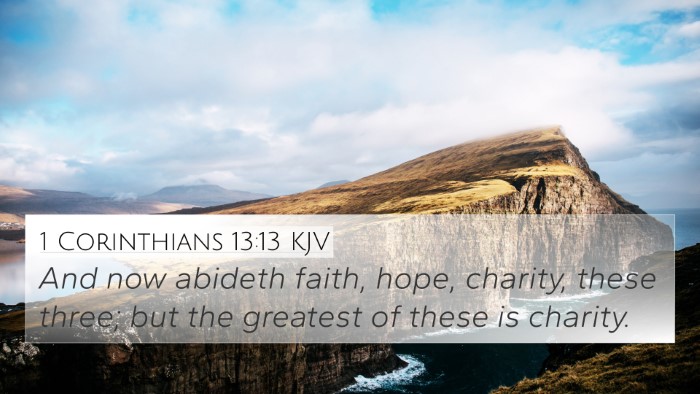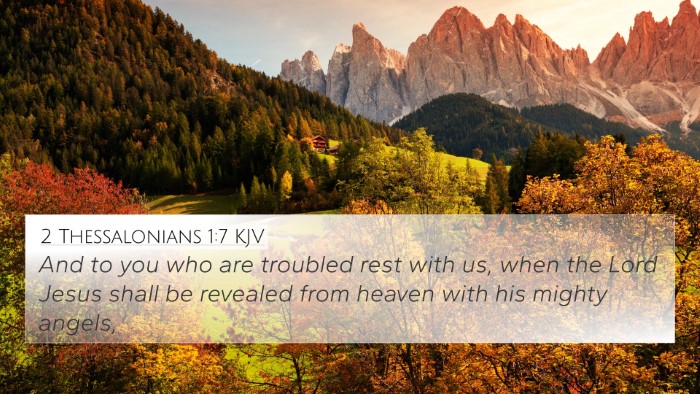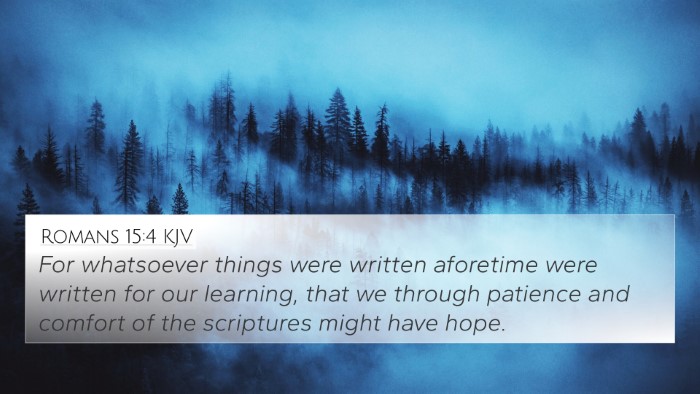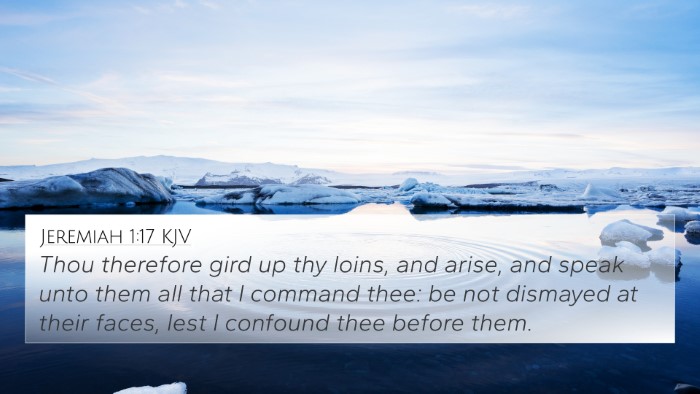Understanding 1 Peter 1:13
Verse (KJV): "Wherefore gird up the loins of your mind, be sober, and hope to the end for the grace that is to be brought unto you at the revelation of Jesus Christ."
Summary and Interpretation
This verse serves as a foundational exhortation in Peter's epistle, urging believers to prepare themselves mentally and spiritually for the hope that is in Christ. Below is a comprehensive analysis of the verse, incorporating insights from public domain commentaries.
1. Gird Up the Loins of Your Mind
Matthew Henry emphasizes the need for mental preparedness. Just as loins are girded for physical labor or travel, Christians are called to ready their minds for action and discipline. It reflects a sense of alertness and readiness, shedding distractions that hinder spiritual growth.
Albert Barnes adds that this metaphor indicates the importance of controlling one's thoughts and being vigilant against any spiritual lethargy or sin that might ensnare the believer.
2. Be Sober
Adam Clarke interprets "be sober" as a call for moderation and self-control. This sobriety encompasses both physical and spiritual aspects, encouraging avoidance of anything that deviates from a righteous path. It is vital for sustaining hope and grace.
This command highlights the clear mind needed to truly grasp the depth of God’s grace and the hope it brings, avoiding spiritual intoxication from worldly distractions.
3. Hope to the End
All three commentators agree on the essence of hope in this verse. Matthew Henry notes that hope is not merely wishful thinking but a confident expectation rooted in God's promises. Barnes insists that this hope should be steadfast, looking forward to the final revelation of Christ, which encapsulates the culmination of salvation.
Moreover, Clarke points out that this hope should remain unwavering until the grace promised is fully realized in Jesus’ return.
4. The Grace to be Brought
The last part of the verse emphasizes the anticipation of grace, which is significant in the Christian faith. Matthew Henry interprets this as the ultimate grace that believers will receive at Christ’s second coming, reinforcing that this grace is beyond mere human comprehension and is a central theme in the Christian experience.
Furthermore, Barnes connects this grace to the redemptive work of Christ, which transforms the believer's experience and sets the stage for eternal life and glory.
Cross References
1 Peter 1:13 has several significant cross-references that illustrate its themes and support its profound truths:
- Philippians 4:8 - "Finally, brethren, whatsoever things are true, whatsoever things are honest... think on these things." This echoes the call to mental discipline.
- 1 Thessalonians 5:8 - "But let us, who are of the day, be sober..." This connection emphasizes vigilance and sobriety in spiritual matters.
- Titus 2:12 - "Teaching us that, denying ungodliness and worldly lusts, we should live soberly..." reinforcing the call to holiness and self-discipline.
- Hebrews 6:11 - "And we desire that every one of you do show the same diligence to the full assurance of hope unto the end." This aligns with the theme of enduring hope.
- Romans 13:12-14 - "The night is far spent... cast off the works of darkness, and let us put on the armor of light." It emphasizes readiness for the coming of the Lord.
- Colossians 3:2 - "Set your affection on things above, not on things on the earth." This urges believers to focus on spiritual matters, resonating with the mental preparation mentioned in Peter's call.
- 2 Corinthians 4:16-18 - "For which cause we faint not; but though our outward man perish, yet the inward man is renewed day by day." This highlights hope regarding grace amid trials.
Thematic Connections
This verse connects with several overarching themes within scripture:
- Preparation for Christ’s Return - The call to prepare for the coming of Christ resonates throughout the New Testament.
- Hope and Assurance - Continual emphasis on hope serves as a vital theme in both the Old and New Testaments.
- Spiritual Vigilance - Multiple scriptures underscore the need for vigilance amidst spiritual warfare.
Inter-Biblical Dialogue
The interplay between Old and New Testament texts enriches our understanding of this verse. The call to prepare oneself connects to various themes found in the wisdom literature of the Old Testament, echoing the sentiments of Proverbs about seeking wisdom and understanding.
Conclusion
1 Peter 1:13 forms a cornerstone for guiding believers in their transformation and engagement with faith. By girding their minds, remaining sober, and anticipating Christ's return, Christians embody a life of hope and grace that resonates through eternity.





